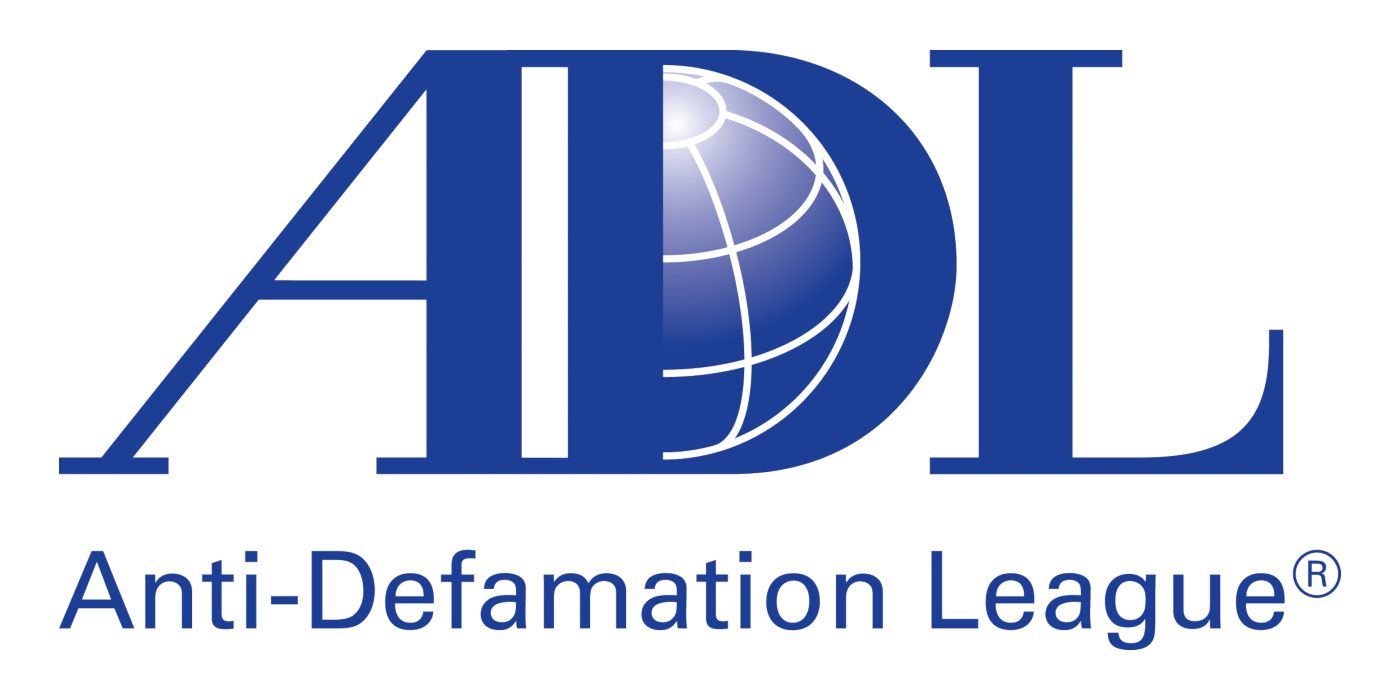Harassment in online games is commonplace, as most game players can attest, but just how commonplace harassment in online games has always been a matter of perspective. However, a newly released study offers a look at just how widespread harassment has become. According to research from the Anti-Defamation League's Center on Technology and Society, 74% of online game-playing adults have experienced some form of harassment.
The study, which surveyed a broad audience of over 1,000 online game players, "explores the social interactions and experiences" of game players in America. This includes specific games, such as World of Warcraft and Minecraft, where players reported having positive experiences at 59% and 55% respectively. On the other end of the spectrum, Dota 2, Counter-Strike: Global Offensive, Overwatch, PlayerUnknown's Battlegrounds, and League of Legends had 75% or more of players reporting that they'd experienced harassment.
But the heart of the study is that 65% have experienced severe harassment like physical threats, stalking, and sustained harassment. The survey also asked players why they believe they were harassed, with over 53% saying that they were targeted due to their race, religion, gender, sexual orientation, or ability. Women reported one of the highest levels of harassment, with 38% saying they were targeted for their gender.
The ADL attests that the ramifications of online threats and harassment result in meaningful and harmful consequences. 23% of those who have been harassed say they've become less social as a result, with 15% saying they feel isolated. A staggering 10% of online game players say that they have had depressive or suicidal thoughts due to the harassment they've experienced.
ADL CEO Jonathan Greenblatt describes how online harassment is both important to research and address:
"Online hate causes real harm. Every time someone in an online multiplayer game physically threatens or harasses another player repeatedly because of who they are or what they believe, that experience doesn’t just end for that individual when the game is over. That’s why it’s imperative for industry leaders and policymakers to take action to prevent this poisonous ecosystem from overflowing and causing additional harm"
Following up on its philosophies, the ADL's study also includes recommended actions for the video game industry, governments, and even gaming communities. For example, the ADL recommends developing sophisticated tools for content moderation that includes coverage for voice-chat. While the report falls short of outright stating the industry's policies regarding harassment are failing and causing harm, it may as well have.
Source: ADL





